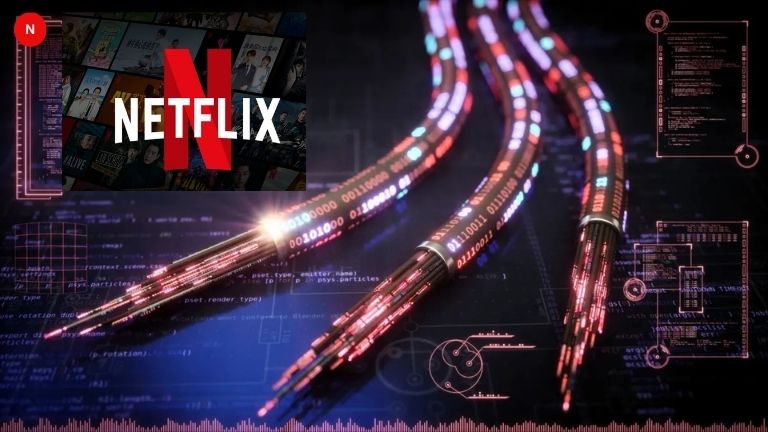Japan Shatters Internet Speed Record, Achieving Blazing 1 Petabit Per Second
In a groundbreaking achievement that could redefine the global digital landscape, scientists in Japan have set a stunning new internet speed record: 1 petabit per second (Pbit/s). To put that in perspective, it’s roughly 100,000 times faster than the typical household broadband connection in the United States. More than just a technical milestone, this breakthrough points toward a future of ultra-fast networks capable of keeping up with the world’s rapidly growing demand for data.
Just how fast is 1 petabit per second?
- The numbers are almost impossible to wrap your head around:
- Imagine downloading around 10 million 4K ultra-high-definition movies in a single second.
- It’s like transferring the complete contents of YouTube’s vast video library in just minutes.
- Such speed could seamlessly support millions of concurrent 8K video streams — without a hint of buffering.
- These mind-blowing figures show why experts see this as more than an academic triumph — it’s a glimpse into the near future of digital communication.
Breaking barriers with advanced fiber optics
The record was set by researchers at Japan’s National Institute of Information and Communications Technology (NICT). Instead of relying on traditional single-core optical fiber, the team used an innovative 38-core fiber. Each core acts as an independent channel for data, essentially packing dozens of ultra-high-speed “lanes” into a single fiber strand.
They combined this design with state-of-the-art multiplexing techniques — which allow multiple data streams to travel simultaneously — and highly refined signal processing to prevent loss or interference. Impressively, the team kept this staggering data rate stable across a distance of 50 kilometers (about 31 miles), proving it’s not just a laboratory demo but a technology with real-world application potential.
Why this record matters more than ever
The internet isn’t just for browsing and streaming anymore. Global demand for speed and bandwidth is skyrocketing thanks to:
Cloud gaming and next-generation video, which demand massive, stable bandwidth.
Artificial intelligence, real-time medical imaging, and autonomous vehicles, which rely on rapid, low-latency data transmission.
The explosive rise of the Internet of Things (IoT), connecting billions of devices that generate unprecedented volumes of data.
All of this means current networks — powerful as they are — will soon reach their limits. Japan’s breakthrough could lay the groundwork for the next phase of global internet infrastructure, capable of meeting these demands not in the distant future, but potentially within the next several years.
The US perspective
While fiber optic deployment has grown across the United States, average home broadband speeds still hover in the hundreds of megabits per second range — far below even a single terabit, let alone a petabit. Japan’s achievement demonstrates what’s possible when research and infrastructure investment align, highlighting the need for continued innovation to keep pace with global leaders.
What the future might hold
Although it’ll likely take years before consumers see petabit-level speeds at home, this technology could soon transform:
- Data centers, supercharging everything from cloud storage to AI training.
- Undersea cables, which carry roughly 95% of the world’s internet traffic across continents.
- Backbone networks, providing a faster, more reliable internet experience for businesses and consumers alike.
As streaming, cloud services, and real-time applications become part of daily life, the demand for these next-generation networks is only going to accelerate.
Read More:-
What’s Coming to Netflix in June 2025: Movies, Series & Documentaries You Can’t Miss
What’s Coming to Netflix in June 2025: Movies, TV, Original Series









